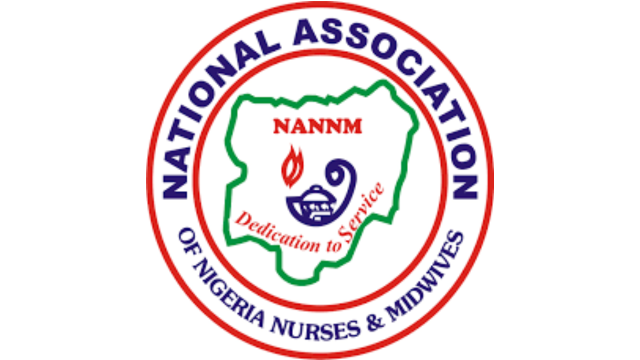Healthcare services across Nigeria are set to face significant disruption on Wednesday as nurses, represented by the National Association of Nigeria Nurses and Midwives, Federal Health Institutions Sector, prepare to initiate a seven-day nationwide warning strike.
This strike will impact 74 federal hospitals, various state hospitals, and primary healthcare centers.
The industrial action is expected to severely impede operations in federal medical centers, teaching hospitals, and specialized institutions, as a protest against issues such as inadequate pay, staff shortages, unpaid allowances, and unsafe working conditions.
On July 14, 2025, the union issued a 15-day ultimatum to the Federal Government, urging immediate action to avert a complete shutdown of healthcare services. Despite this ultimatum, the Federal Government has reportedly not begun any negotiations.
In an interview on Monday, the National Chairman of NANNM-FHI, Morakinyo Rilwan, highlighted long-standing demands that include an increase in shift allowances, adjustments to uniform allowances, a distinct salary structure for nurses, higher core duty allowances, mass recruitment of nurses, and the establishment of a nursing department within the Federal Ministry of Health.
He stated, “The impending strike is unavoidable as the Federal Government and the Federal Ministry of Health remain unyielding.
“Nurses are currently grouped with other healthcare workers on the same salary scale, with no special recognition for the distinct nature of nursing work. We seek a specific salary structure that accurately reflects our profession and contributions. We are not merely any other health worker; we deserve an appropriate salary scale,” he stated.
Rilwan emphasized that even though nurses work around the clock, they are not compensated fairly.
He remarked, “Nurses are the sole professionals working continuous shifts. Night shifts are particularly taxing and perilous due to security issues. We are entitled to receive 30% of our basic salary as shift allowance, according to a 2009 circular, yet we are only given 6.8%, the same as a gatekeeper on shifts. It’s unjust. We spend the most time with patients, yet we receive meager compensation.”
He also expressed discontent that nurses have only been receiving N20,000 per annum for uniforms for the past two decades, despite the need for constant replacements.
“We require full uniforms, and at times, several within a week. N20,000 is no longer sufficient for a year’s supply. Meanwhile, the lab coat allowances for doctors and others have been reviewed lately, but nurses have been overlooked, despite uniform allowances being a longstanding rule for nurses and firefighting personnel,” he stated.
Rilwan added that nurses want their core duty allowance increased from 1.7% to 4% and lamented that, although nurses constitute a significant portion of the healthcare workforce, there is no dedicated nursing department in the Ministry of Health.
“Currently, a director reports to another director from a different sector, which diminishes the profession. We necessitate a proper Department of Nursing, directed by a qualified director, not one subordinate to another.
“Since 2016, a scheme defining the ranks, roles, and responsibilities of nurses has been approved and circulated, but implementation has yet to occur. We’re not requesting a new document; we just want the existing one executed.
Nurses are still operating in hospitals without essential supplies like gloves, syringes, or gauze, forced to make do, which jeopardizes their health and lives. We save lives even in adversity; imagine our potential if we were adequately equipped.
“The government continues to assert that there is a nursing shortage, while Nigeria produces over 10,000 nurses yearly; many are underutilized, working in private facilities for minimal pay or on temporary contracts in government hospitals. We possess sufficient nurses; the issue is employment and insufficient pay, which drives them away,” Rilwan said.
He further stressed that the association is calling for the reconstitution of the Nursing and Midwifery Council Board, which has been dissolved for over four years. He underscored that the planned strike would impact all levels of public healthcare facilities throughout Nigeria.
“This encompasses 74 federal hospitals, including teaching hospitals, federal medical centers, specialized institutions such as orthopedic, neuro-psychiatric, and eye centers, alongside all general hospitals and primary healthcare centers across the 36 states and the Federal Capital Territory, as well as 774 local government areas,” he clarified.
Additionally, the National Public Relations Officer, Omomo Tibiebi, mentioned that during the warning strike, all services, including emergency care, would cease.
“There will be no emergency services; the strike is total, and no minimal services will be available.
The 15-day ultimatum concludes by Tuesday, July 29, 2025, at midnight, with the warning strike commencing on Wednesday, July 30, 2025, at 12:01 am,” Tibiebi noted.




















